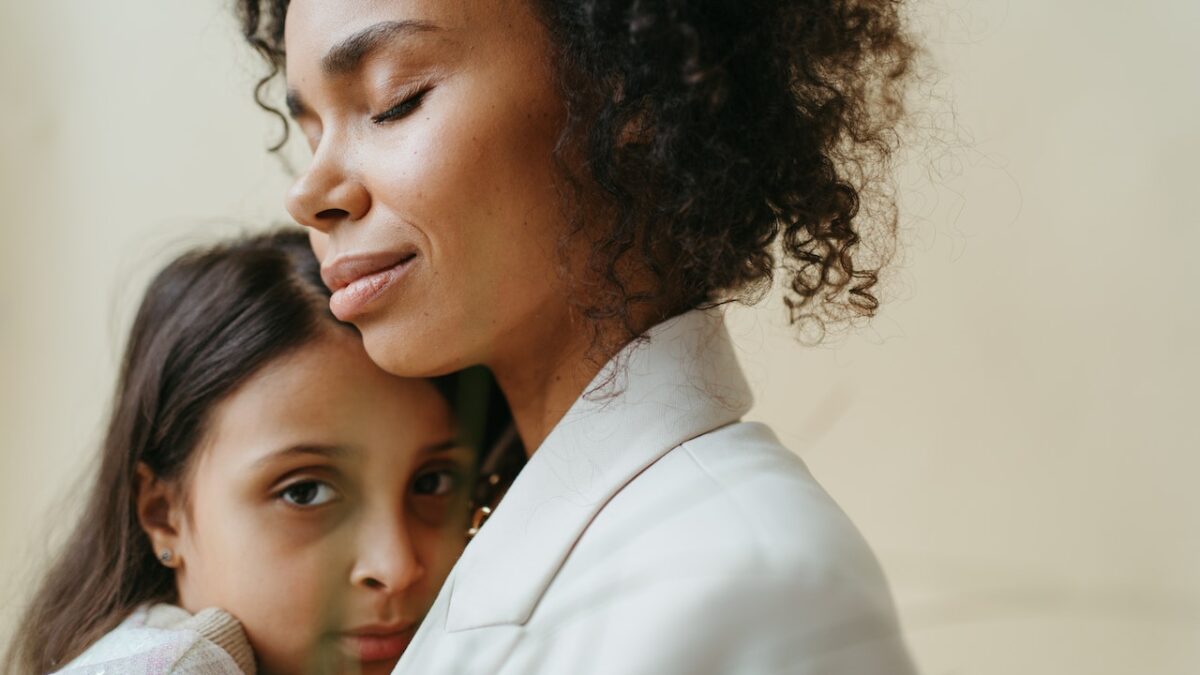Many of us think encouraging and helping our kids to chase their passion and to be happy is the ultimate parenting goal. We may be wrong.
When I was considering becoming a parent, I remember asking Dad, “What is the one piece of parenting advice you could give me?”
His response was, “Help your child find something they are good at and then support them in it—it helps to build their self-esteem.”
I remember thinking at the time, Wow, that is really smart and it has definitely worked for me.
I did my postgraduate thesis on self-esteem in children. The two things that stood out for me were that the way girls viewed their body and the way boys viewed their achievements were two of the strongest predictors of their overall levels of psychological wellbeing.
But what happens when our children don’t meet their “desired” levels of beauty or achievement? Or when the “desired” levels are unattainable due to Photoshop or natural skill level (or lack of it!). How can they “bounce back” from life’s setbacks?
My father’s advice was flawed
It has taken me 15 years (and a lot of education and experience) to realise that this concept of self-esteem may be flawed. What happens when we can no longer do what we are good at, due to injury, circumstance or just plain old waning interest?
I was a pretty awesome swimmer. In junior school, I made the state championships and in high school, I was always the last swimmer in the relay (for those of you who don’t know, the fastest swimmer always goes last). It became a key part of my identity and I pinned my self-esteem to being the fastest in the pool.
And then . . . dramatic drum-roll . . . I dislocated my shoulder playing beach rugby and couldn’t swim for a year. I was devastated about this and I remember asking myself, “Who am I now?” It sent me into a spiral of negative thinking and questioning my worth and place in the world.
Where do I belong if not in the pool? I had nothing to fall back on, no safety net. If I wasn’t a swimmer, who was I? I was lost and floundering.
We must teach our children (and perhaps learn for ourselves in the process) that we are much more than what we are good at. We are much more than the body, the friends or the career we have. We are more than the car, the house or the handbag we have. We are more than the achievements of our children and more than the number of “likes” or “followers” we have.
What happens when they fail or lose? In the video below, psychologist Collett Smart walks us through the strategies.
If we continually pin our sense of self onto these external factors, we are at the mercy of the constant changing nature of the world. Friends, “likes” and handbags come and go; it is very risky to tie our sense of self to these.
Self-compassion, not self-esteem
Through my work as a psychologist, I discovered mindfulness. It’s a practice that continues to gift me with more freedom, choice and self-compassion than I have ever found in self-esteem. In her research into self-compassion, Dr Kristen Neff found that being compassionate with ourselves even improves our resilience and our performance.
I spent the first 30 years of my life pinning my self-worth onto my looks, my success, my achievements, the number of friends I had, the shoes I wore. This way of seeing and being had become automatic for me. I was constantly thrown around by the turbulent waves of emotions resulting from the events in my life.
With over 10 years of mindfulness training and practice under my belt now, the waves are still there—they are part of being human—I just don’t get dumped quite as often.
If we teach our kids mindfulness and self-compassion, they will still have to deal with the challenges of life. However, we can give them the tools to ride the tumultuous waves of this life with a little more ease. In doing this, they may become more resilient than we have been.
Dad was half-right
I think my dad got the whole self-esteem thing half-right. We can build on his advice by supporting our kids to develop their own internal well of safety, stability and love. By teaching them they are worthy of love and belonging, regardless of their achievements, we are gifting them the freedom to be themselves and to live, love and work to their full potential.
Self-compassion does not protect us or our kids from the chaos of life; illness still happens, jobs will still be lost and our hearts will still break. It can, however, teach us that while life is happening around and within us, it is not us. With that comes great empowerment and great freedom.
How helpful was this article?
Click on a star to rate it!
4.9 / 5. 7
Be the first to rate this post!
Liv Downing
Related posts
Subscribe
Receive personalised articles from experts and wellness inspiration weekly!

